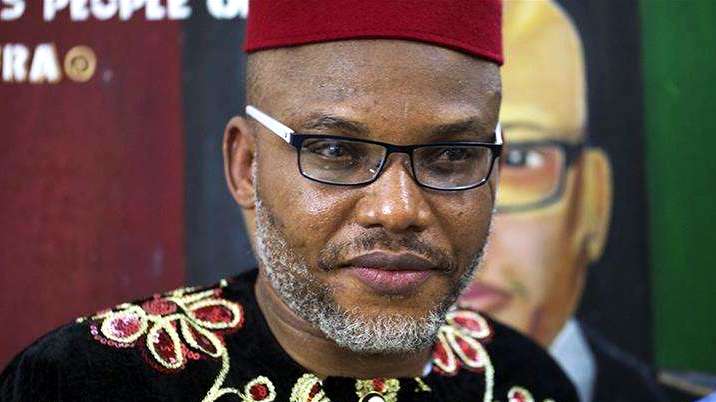The Federal Government has reaffirmed its commitment to making technical education free and accessible, announcing that all Federal Technical Colleges (FTCs) across the country are fully funded.
Gatekeepers News reports that in a statement signed by Boriowo Folasade, director of press and public relations at the Ministry of Education, the government said it covers all approved charges, including tuition, boarding, uniforms, textbooks, exercise books, prospectus, ID cards, stationery, clubs and societies, medical services, vocational training, utilities, security, website/e-results, Skool Media, extra lessons, and insurance.
Zero tolerance for illegal charges
Minister of Education, Dr. Maruf Tunji Alausa, stressed that principals and administrators are not permitted to impose unauthorized fees on parents or guardians. He directed that circulars be distributed to schools and parents to reinforce the policy.
“No Nigerian child should be denied access to technical education because of illegal charges. By investing in education today, we are building a stronger, self-reliant Nigeria,” Alausa said.
The ministry urged parents to report any illegal demands through its hotline numbers (0803 657 6733, 0803 637 3796) or email (tse@education.gov.ng).
Boarders’ personal items
While tuition and core expenses are covered, boarding students are expected to provide personal items such as bedding, towels, toiletries, footwear, rain gear, mosquito nets, clothing, cutlery, a water bottle, a 10-litre keg, and a torchlight with batteries.
They must also supply registration items including a ream of A4 paper (80 grams) and cleaning materials such as a hoe, cutlass, and broom. The ministry said monitoring mechanisms are in place to address infractions swiftly and urged stakeholders to protect the free-education policy.
Rising interest in technical education
Dr. Mohammed Mohammed, registrar and CEO of the National Business and Technical Examinations Board (NABTEB), revealed that applications for TVET entrance exams have surged from 7,547 in 2024 to 30,000 in 2025, a growth driven by federal incentives.
Students enrolled now receive dual certification: the National Technical or Business Certificate (NTC/NBC) and the competency-based National Skills Qualification (NSQ). The curriculum has also been redesigned to emphasise 80% practical training and 20% theory to ensure graduates are job-ready.
To further encourage enrolment, the government introduced a monthly stipend for technical college students. Within the first week of applications opening, over 90,000 students applied.
Additionally, more than one million Nigerians have enrolled in the government’s Masters 6 and 12 TVET programmes, underscoring strong nationwide interest and the impact of ongoing reforms.










